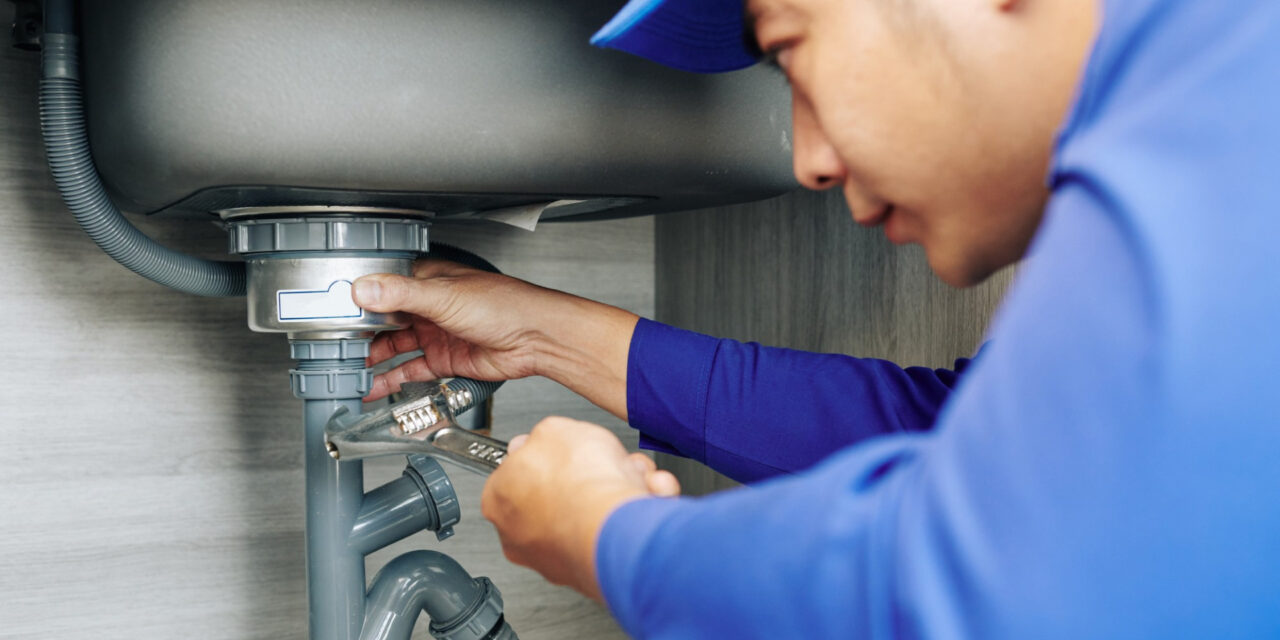Just how to Discover as well as Repair Service Water Leaks-- A Comprehensive Guide
Just how to Discover as well as Repair Service Water Leaks-- A Comprehensive Guide
Blog Article
How do you feel about Detecting hidden plumbing leaks?

Early discovery of leaking water lines can alleviate a prospective disaster. Some little water leakages may not be visible.
1. Check Out the Water Meter
Every house has a water meter. Examining it is a surefire way that assists you find leakages. For starters, shut off all the water sources. Make sure nobody will certainly flush, make use of the tap, shower, run the washing device or dishwashing machine. From there, go to the meter and watch if it will transform. Considering that nobody is using it, there must be no activities. If it moves, that indicates a fast-moving leakage. If you discover no modifications, wait an hour or 2 as well as examine back again. This means you may have a slow-moving leak that could even be below ground.
2. Inspect Water Usage
Assess your water bills and also track your water usage. As the one paying it, you should observe if there are any type of inconsistencies. If you spot sudden changes, in spite of your intake coinciding, it implies that you have leaks in your plumbing system. Bear in mind, your water bill must fall under the exact same range on a monthly basis. An unexpected spike in your bill indicates a fast-moving leakage.
Meanwhile, a stable rise each month, even with the exact same practices, shows you have a slow-moving leakage that's also gradually intensifying. Call a plumber to extensively check your building, particularly if you feel a cozy location on your flooring with piping below.
3. Do a Food Coloring Test
When it comes to water intake, 30% comes from toilets. If the shade in some way infiltrates your dish throughout that time without flushing, there's a leakage in between the container as well as bowl.
4. Asses Exterior Lines
Don't fail to remember to check your exterior water lines as well. Should water permeate out of the connection, you have a loose rubber gasket. One small leak can waste bunches of water and spike your water costs.
5. Analyze the situation as well as examine
House owners must make it a routine to inspect under the sink counters as well as even inside cabinets for any kind of bad odor or mold growth. These 2 red flags indicate a leakage so prompt focus is required. Doing regular assessments, also bi-annually, can save you from a major issue.
Inspect for stainings and also damaging as most appliances and also pipes have a life expectancy. If you suspect leaking water lines in your plumbing system, do not wait for it to intensify.
Early discovery of leaking water lines can reduce a prospective disaster. Some tiny water leaks may not be noticeable. Examining it is a proven way that helps you find leakages. One tiny leakage can waste heaps of water and surge your water costs.
If you believe leaking water lines in your plumbing system, don't wait for it to rise.
How to Know If Your Home Has a Hidden Leak
Water Meter Reveals Inexplicable Water Usage
If you’d like to test whether or not there’s a leak somewhere in your home, you can do this using your water meter. Here is how to conduct the test:
Don’t use any water in your home for at least 30 minutes; this also means not turning on faucets or water-using appliances.
Go outside, and check your water meter for activity.
If your water meter shows that there was activity, even though no one was using any water, this proves that there is a leak in your home.Visible Mold or Mildew Growth
Leaks behind walls create moist, dark environments that allow mold and mildew to grow and thrive. Eventually, you might see mold growth forming on the wall closest to a hidden leak.
If mold is growing in an area that receives a high amount of moisture, such as a bathroom, it may simply be an indication that better ventilation is needed. However, if you see mold growth on a wall or the ceiling in an area where you would not expect, you probably have a hidden leak.
Musty, Mildew Odor
Sometimes you might not be able to see the mold or mildew that is growing as a result of a leak. However, the smell can give the problem away just as easily. If you catch a whiff of something musty, there’s a good chance that old water is collecting somewhere in your home that you can’t see.
Stained/Warped Walls, Ceilings, or Floors
When your home soaks up water, a variety of red flags can become visible, including ceiling stains, bubbling drywall, warped walls, and sagging floors. While these issues can be caused by excess humidity, they can also be signs that a pipe or plumbing connection has started leaking behind your walls.
Inexplicably High Water Bill
After a while, you get a general sense for what your water bill should be. If you own a pool or sprinkler system, your bill will tend to be higher during summer. However, if you receive a water bill that seems especially high, and you can’t figure out what caused it, then you may have a hidden leak somewhere that’s increasing your bill.
https://www.plumbingjoint.com/blog/2019/july/how-to-know-if-your-home-has-a-hidden-leak/

We were made aware of that report on Leaking water lines through an associate on another blog. Sharing is caring. Who knows, you might be helping someone out. I value reading our article about Finding hidden leaks.
Report this page